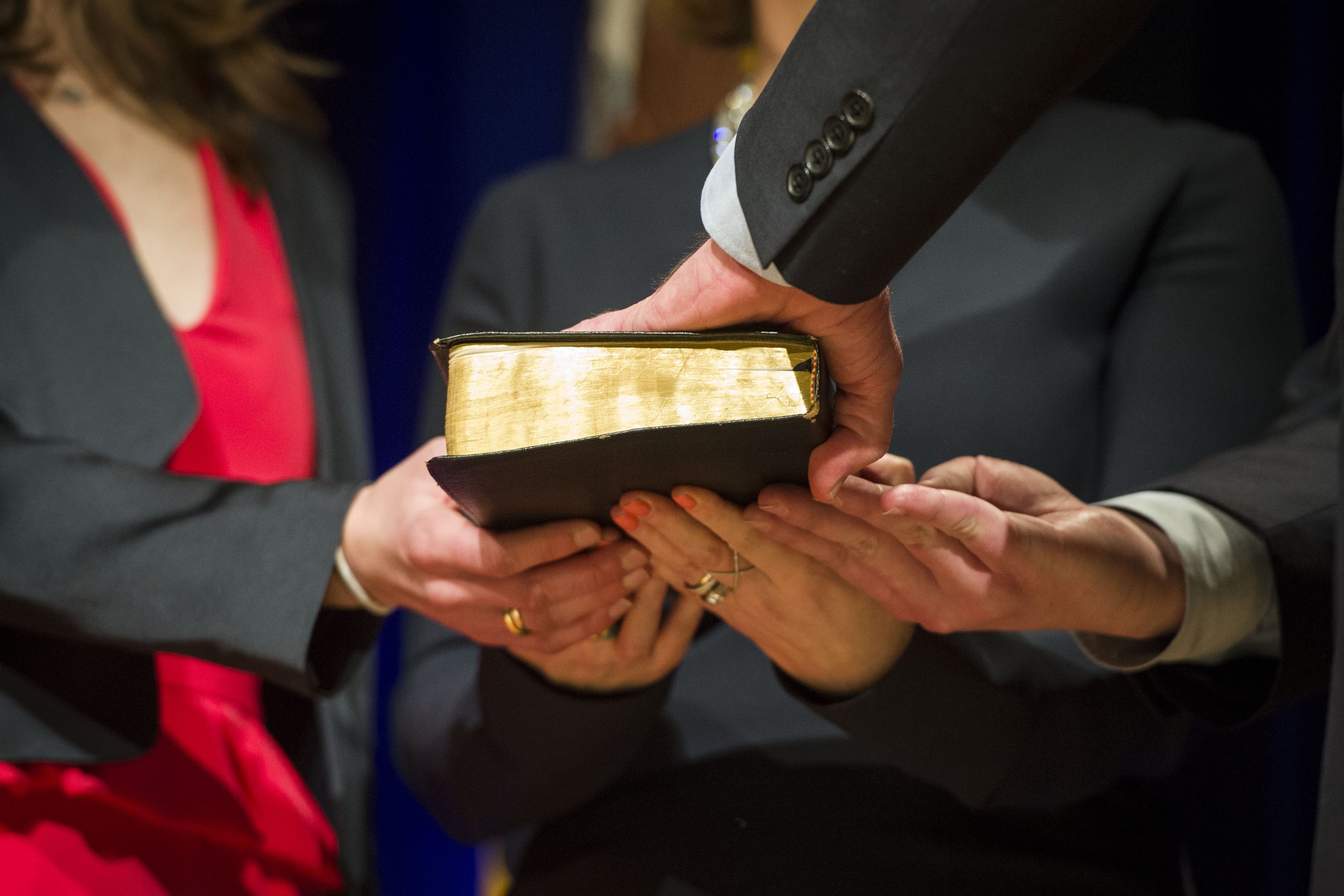Neal Pollard
There are too many horror stories about dysfunctional relationships between preachers and elders. The church hurts and is hurt when there is friction, disunity, and rivalry between these two vital roles. There may be many reasons for why such exists, instances where there is blame on one side or the other or on both sides. But, stating the obvious, an adversarial attitude should not exist. To the contrary, there should be great love and unity between them.
The best New Testament example we have of the elder-preacher relationship is Acts 20:17-38, between Paul and the Ephesian elders. Paul was their local preacher for at least three years (31). Luke records what that relationship looked like. What words describe their relationship together?
- TIME (18). Paul and these elders were together. Relationships require time. What will happen when elders and preachers never collaborate, work together, and engage in fellowship and social time together? Paul said he was with them “the whole time.”
- HUMILITY (18). Pride and ego are damaging, destructive, and devastating qualities. “A man wrapped up in himself makes a very small package.” There is no place for pride in healthy leadership. There must be an ability to admit wrong and an attitude of putting others above self (cf. Phil. 2:3-4). Elders must desire the flock to follow the Chief Shepherd, not themselves (29-30). Preachers must be found “serving the Lord with all humility” (19).
- EMOTION (19, 37-38). This is beautiful. Luke notes the tears of the preacher (19) and the elders (37). If there is ever a time when a man should shed tears, it ought to be over spiritual things. Relationships are forged when elders and preachers expend emotion over their mutual work.
- HONESTY (20,27-28). Relationships are undermined by dishonesty, aren’t they? Honesty is about more than merely telling the truth. It’s about not withholding, in proper spirit and attitude, what the other really needs to hear. In a healthy relationship, where each is assured of the love and confidence of the other, that honesty can exist. Paul did not “shrink back from declaring to [them] anything that was profitable” (20). He did not shrink back from declaring to them the whole purpose of God (27). There must be an atmosphere of trust, where neither side is afraid to speak with kind frankness.
- INTEGRITY (20-21,28,33-35). Akin to honesty is integrity. This speaks to character and principle. It drove Paul to work hard in ministry. It drove the elders to guard and shepherd the flock (28). It drove Paul to avoid covetousness and materialism (33). It drove a desire to prefer giving to receiving (35). Godly leaders are men of character!
- COURAGE (22-28). Neither shepherding nor preaching is for sissies! Timidity and lack of conviction greatly damages the church. Paul relegated his own life to second position to the gospel (22,24). Faithful shepherding required the same (28).
- COMMENDATION (32,38). This is crucial! Balancing with the occasional need to confront each other with care is the need for each to generously, genuinely, and publicly praise and commend one another. Nothing demonstrates unity in a congregation more than elders praising the preachers behind their backs, and preachers praising the elders behind their backs. Certainly, it’s good for each to overhear the other, too. The word “commend” in verse 32 means to place before, give or provide. Paul’s commending them to the grace of God was committing them to it. But, the general tone of the relationship was one of praise for the other’s work.
Notice how they part company. It’s beautiful and it should typify the elder-preacher relationship today. “When he had said these things, he knelt down and prayed with them all. And they began to weep aloud and embraced Paul, and repeatedly kissed him, grieving especially over the word which he had spoken, that they would not see his face again. And they were accompanying him to the ship” (36-38). They prayed together. They were unashamedly affectionate. They loved one another and liked one another. They hated to part company. Does that seem strange or foreign to you? I hope not! It’s our best New Testament pattern for what that relationship should look like! May it characterize this relationship in every congregation today!













